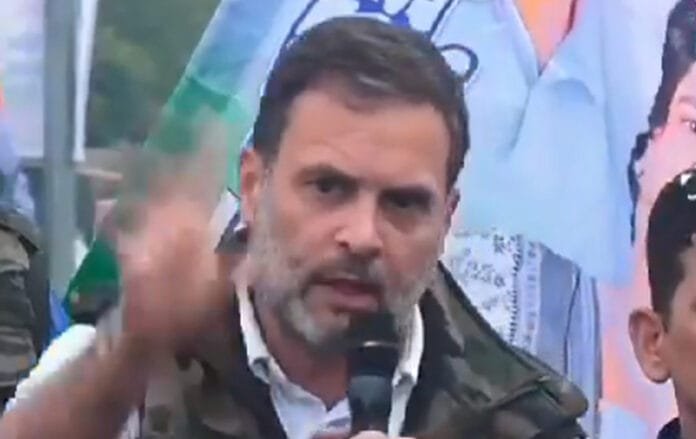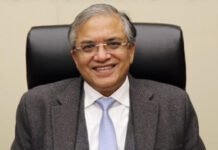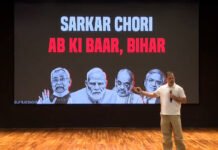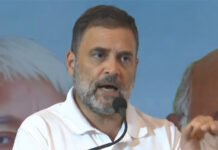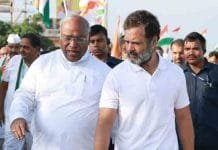Rahul Gandhi’s Strong Criticism of Bihar’s Caste Census
At a recent Constitutional Security Conference in Patna, Congress MP Rahul Gandhi voiced strong opinions about the caste-based census conducted in Bihar. He termed the state’s exercise as fraudulent and emphasized the importance of conducting a legitimate caste census to truly understand the country’s demographics. Gandhi’s statements reflect his party’s stance on the matter and call for systematic changes based on accurate data.
The Need for an Accurate Caste Census Across India
Gandhi stressed that a national caste census is essential to address the country’s actual social dynamics. According to him, the existing data doesn’t truly reflect India’s diverse society, especially when it comes to marginalized communities. He firmly believes that policies should be formulated based on accurate and comprehensive caste-based data. This, he argued, would pave the way for a more just and inclusive society.
Congress’s Stance on Caste Census in Parliament
The Congress party, led by Gandhi, intends to push for the caste census bill in both the Lok Sabha and Rajya Sabha. Gandhi’s comments made it clear that the Congress is committed to passing the bill, stating that it would be a significant step towards rectifying inequality. He also made a bold promise to dismantle the current 50% reservation cap, a move that could bring about significant changes in the political landscape.
Gandhi’s Rejection of the Current Power Structure in India
During his speech, Gandhi also critiqued India’s existing power dynamics. He questioned the concentration of wealth and power in the hands of just a few individuals, referring to the influence wielded by figures such as industrialists Ambani and Adani. Gandhi expressed concern that the voices of legislators, particularly from backward communities, Dalits, and tribals, are increasingly ignored in favor of corporate interests.
He stated that many BJP MPs from these communities feel trapped, voicing their frustration that they lack the agency to represent their people. He accused the government of marginalizing these groups while enriching a select few.
The Power Shift in India’s Political Landscape
The Congress leader highlighted how the system has shifted power away from elected representatives to corporate giants and influential organizations. He argued that while there may be symbolic representation of Dalits and backward classes in politics, the real power has been usurped by corporate elites, particularly the likes of Ambani, Adani, and the RSS.
The Ideological Struggle: Gandhi vs. RSS
Rahul Gandhi also discussed his concerns about the ideology propagated by organizations like the RSS. He referred to recent statements by RSS chief Mohan Bhagwat, who claimed that India did not gain true independence on August 15, 1947. Gandhi viewed this comment as a rejection of the Indian Constitution and its foundational principles.
He further criticized Bhagwat for undermining the legacies of key figures such as Dr. B.R. Ambedkar, Mahatma Gandhi, and Lord Buddha, whose ideologies formed the bedrock of modern India. Gandhi’s remarks underscored his belief that the Constitution’s core values, particularly those of equality and justice, should be safeguarded against efforts to rewrite or dilute them.
Rising Concerns Over the Marginalization of Marginalized Communities
In his speech, Gandhi also raised concerns over the systemic marginalization of Dalits, backward classes, and tribals. He pointed out that despite their representation in politics, these groups often face severe disadvantages in terms of power and decision-making ability. According to him, their voices are largely absent in major policy decisions, and their concerns are sidelined in favor of corporate interests.
The Call for Equal Opportunities and Justice
One of the key messages from Rahul Gandhi’s speech was the importance of ensuring equal opportunities for all citizens, regardless of their caste or background. He spoke of the need for a true representation of the nation’s diverse social fabric in the institutions that govern it. His call for a caste-based census and the dismantling of current reservation caps are part of his broader vision for a more inclusive and equitable India.

